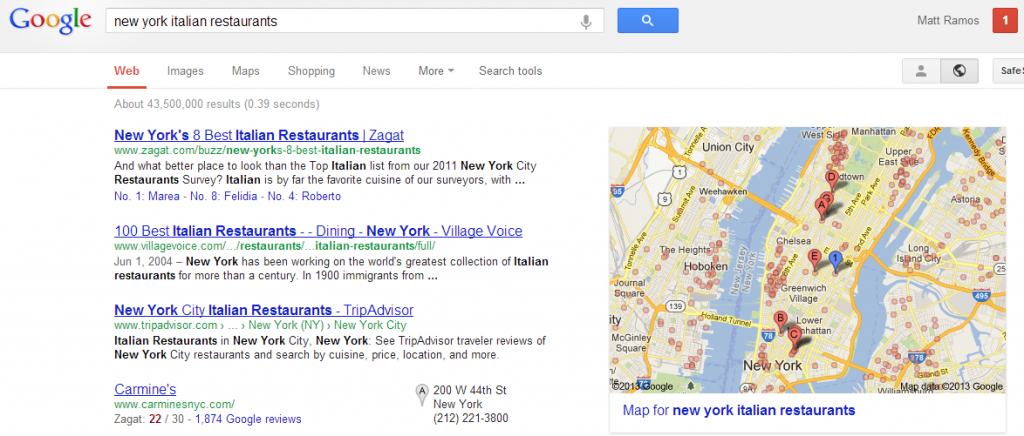
Google stated as of March 1st it will combine tracking information for Google account users. This means that Google will track searches, emails, what we watch on YouTube, and include it in all other Google services. The only way to opt out of this function is to discontinue your Google account or intentionally log out of all your Google accounts when using your computer or mobile phone.
Google’s statement is that these changes are to improve user’s search and to help understand user’s activity to predict their actions. Granted this will improve Google’s Adword service because it will help advertisers reach target markets based on this collective information, but this will also enhance user’s search experience based upon user’s history.

These changes have caught the attention of law makers and privacy officials everywhere. Most of these concerns come from the fact that Google is the leader of search engines and these changes are abusing the fact that the search engine has a monopoly over Yahoo! and Bing. Many people are simply creeped out that Google can track all of their private information. Yet many of these people receive value targeted ads verses a general ad not based on their interests. These services already track the user’s activity, the major change is they will be combined and crossed to improve user experiences. Since Google will combine information from Gmail, Google searches, and Google Calendar, theoretically this could create some awkward situations. What if a user has a notification on their personal calendar for a job interview while at their current job? If Google notifies that person that they may be late for the job interview while their current boss is within screen shot of their computer, it could end badly. The same could be said for surprising a significant other and the surprise is ruined because the user didn’t log out of Google.
What does this mean for YouTube?
What problems could this create through YouTube? In a very extreme example, let’s say a college student has a computer, forgets to log out of their Google/YouTube account, and then their roommate borrows the computer, who in turn searches for racy material. Then the student takes their computer home and a younger sibling wants to watch cartoons via YouTube. YouTube might than suggest the previous Google search for videos. In recent history, it has been reported that many relationships have ended via inappropriate Facebook use. Now, this YouTube tracking could be just another avenue for people to be ousted for inappropriate activity online after search history becomes not so private.
What can be done?
You should read up on privacy setting changes, determine if this information needs to remain private and take the necessary steps to ensure that. There will most likely be settings you can change among your services and this should help. Remember as long as you are signed into these services they will still track your use. March 1st is coming and if you are concerned with your privacy you may want to evaluate your future usage of Google services. If you are comfortable in receiving better search results that may include shared information from YouTube and Gmail then live it up and enjoy the uniquely targeted Google experience.
Increase your Online Marketing exposure in 2012 with the above tips and contact us if you need assistance.


